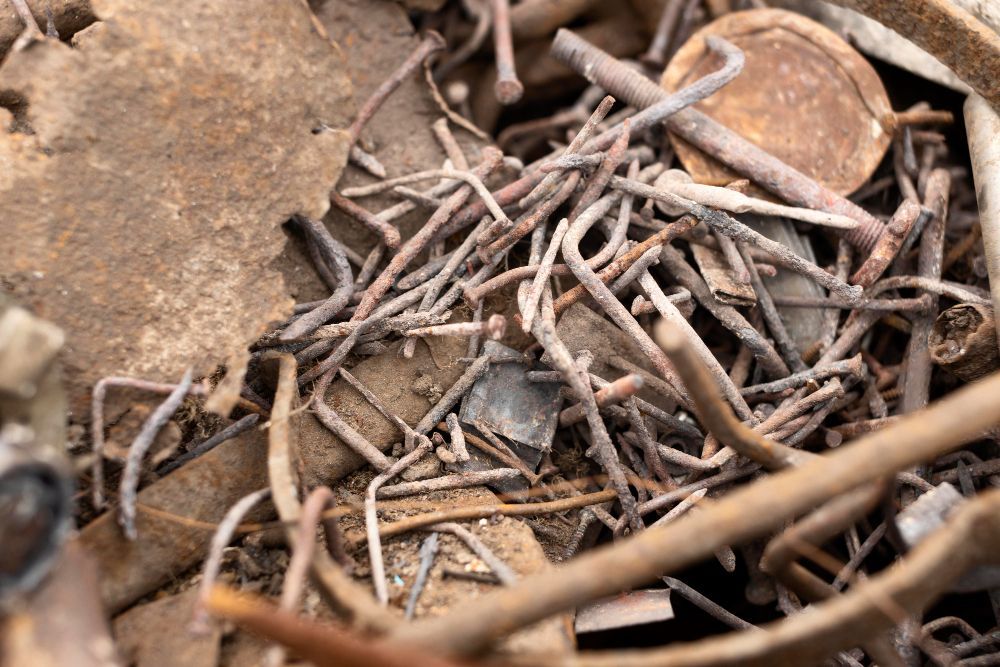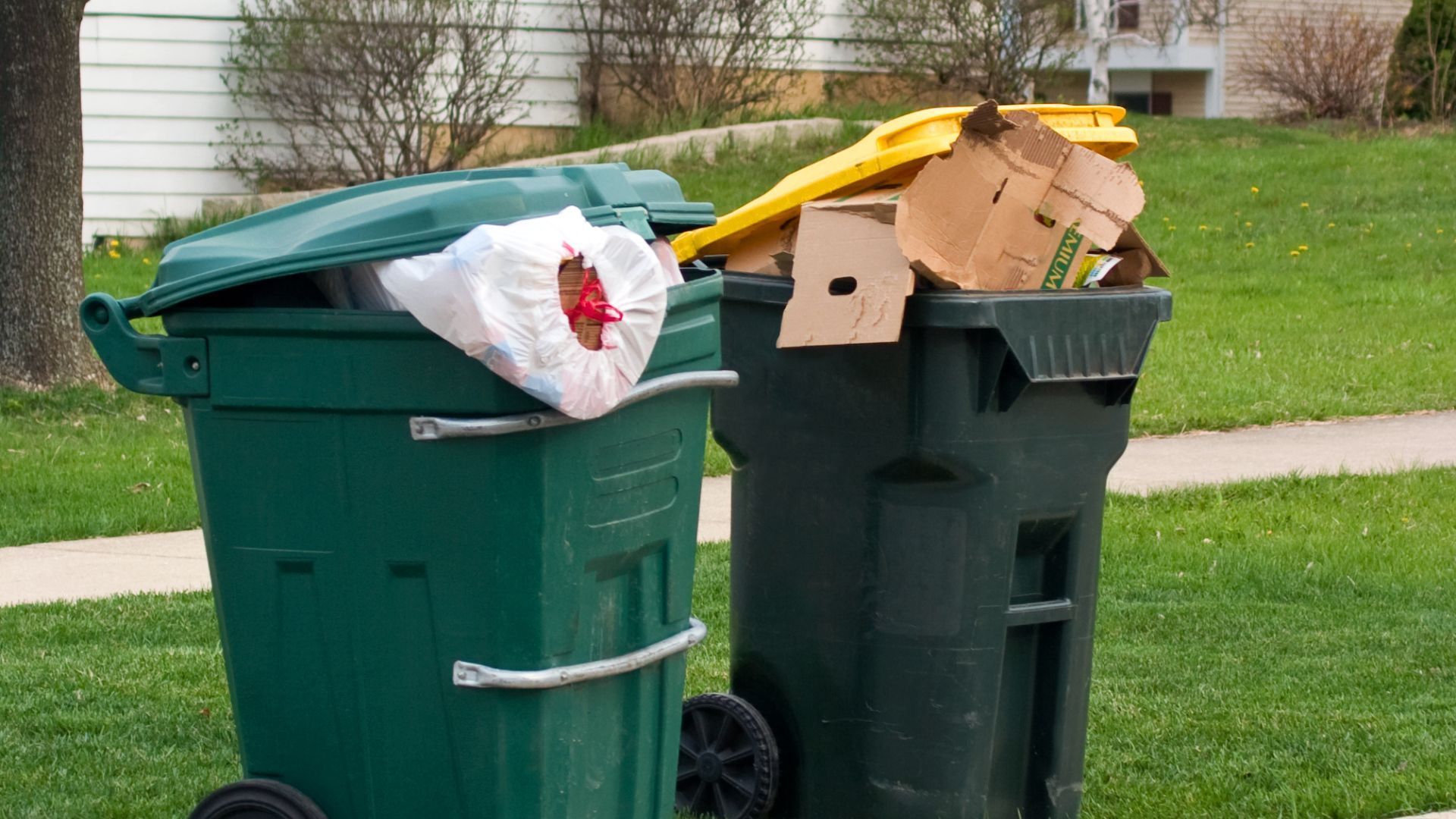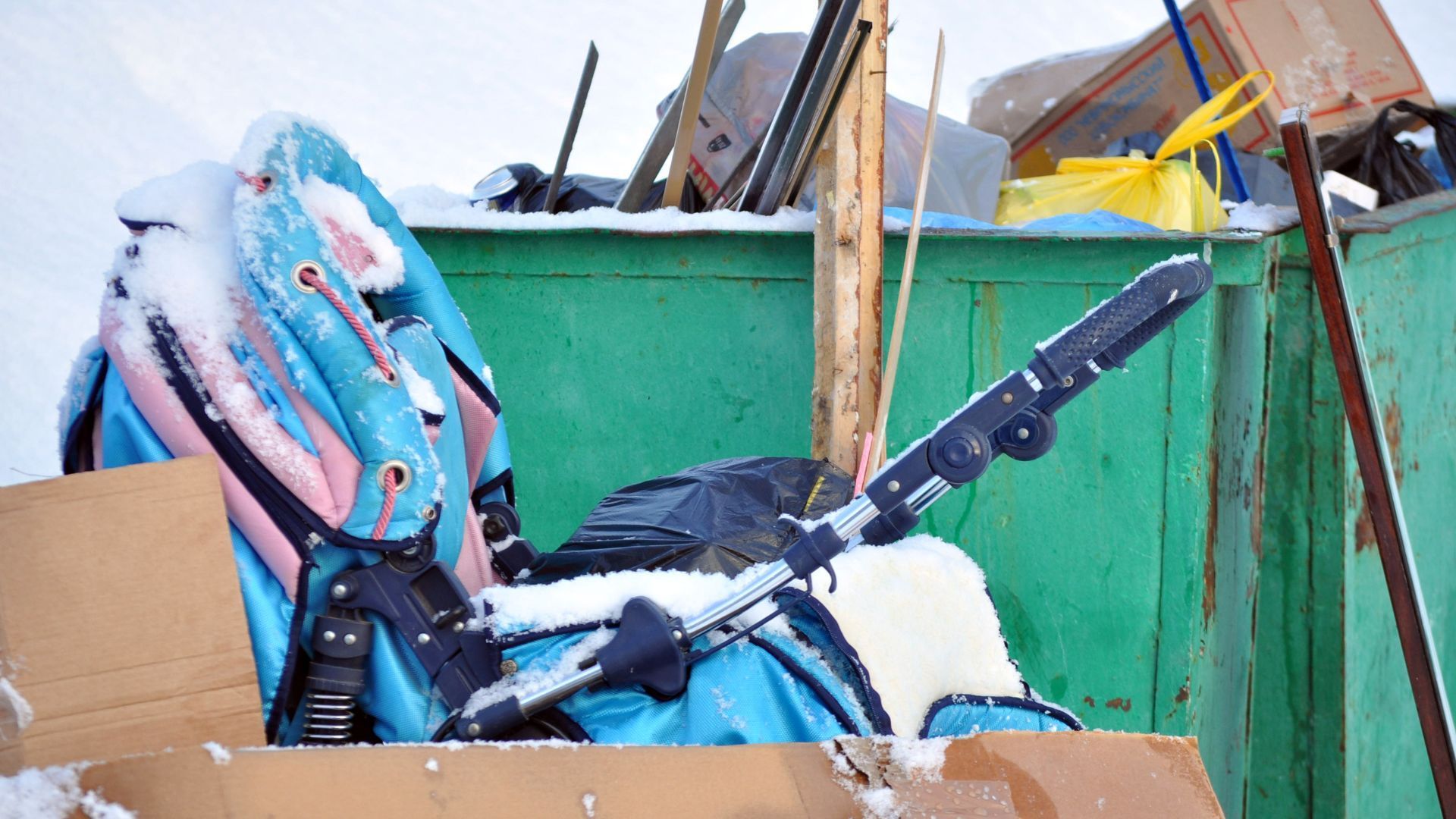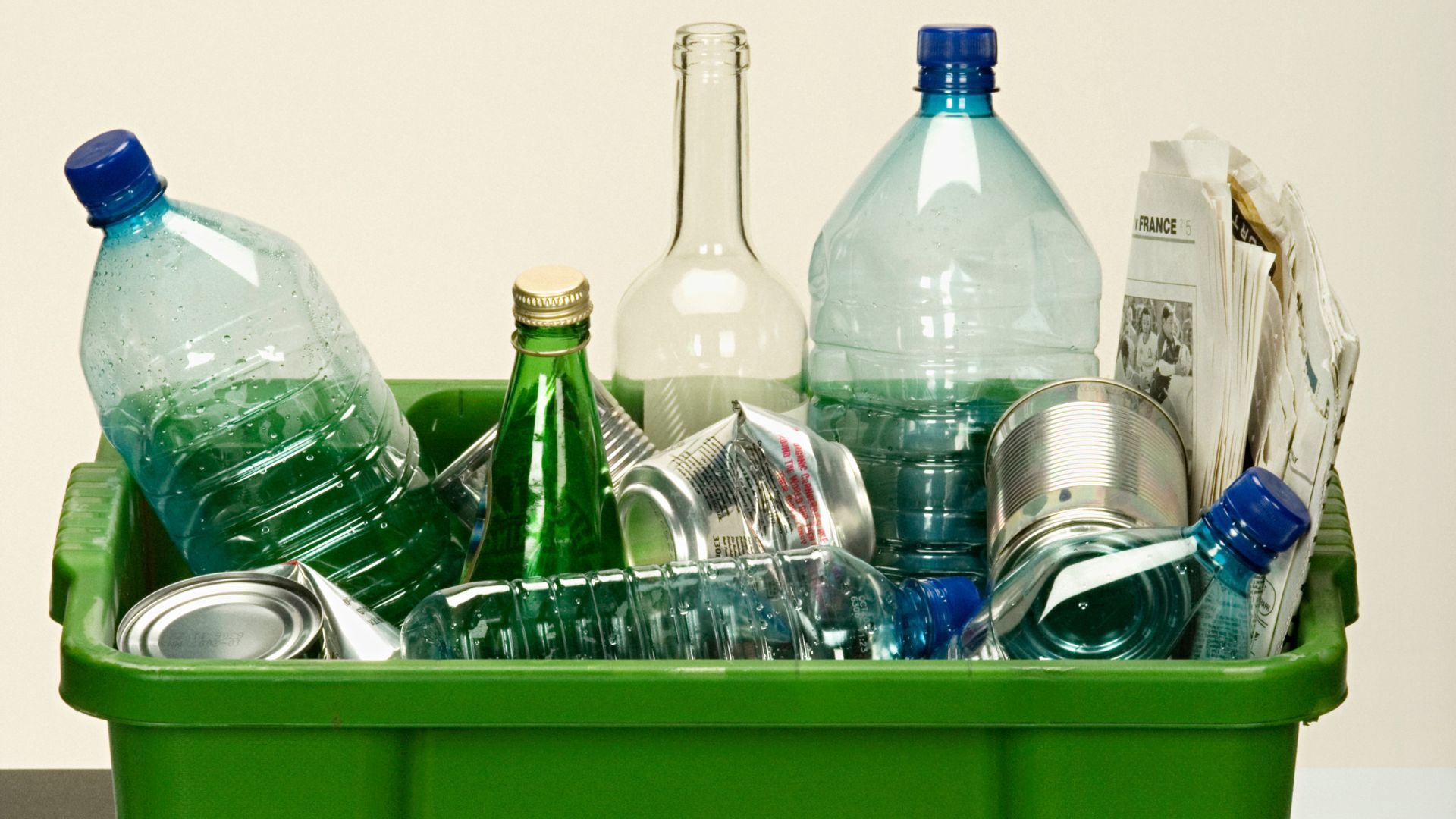How Scrap Metal Removal Augusta Reduces Waste in Landfills
In an age where sustainability is more than a buzzword—it's a necessity—communities are rethinking how waste is managed. One often overlooked but deeply impactful contributor to environmental strain is scrap metal. From broken appliances and derelict cars to excess construction debris, metal waste quietly piles up in landfills, taking centuries to degrade. The consequences? Not only does this overload our waste management systems, but it also leaches harmful substances into soil and groundwater, threatening local ecosystems and human health alike.
In Augusta, Georgia, scrap metal removal is emerging as a pivotal solution. This isn't just about hauling junk—it's a systematic approach to waste diversion, recycling, and community revitalization. By redirecting metal from landfills to recycling streams, removal services are reducing ecological damage, conserving resources, and supporting the circular economy. The process might seem straightforward, but its impact is profound. From environmental protection to economic uplift, scrap metal removal has become a cornerstone of responsible waste strategy in the region.
Understanding the Role of Scrap Metal in Landfill Waste
Scrap metal often ends up in landfills, where its impact is more harmful than most realize. Unlike food and paper, it doesn’t biodegrade; it sits for decades, occupying valuable space and potentially leaching contaminants into soil and groundwater. When neglected, rusting scraps such as old appliances, broken pipes, and dismantled machinery create a persistent environmental hazard.
Dealing with scrap metal proactively not only preserves landfill capacity but also prevents long-term ecological damage. In Augusta, metal removal professionals step into this gap, offering efficient alternatives that divert iron, steel, aluminum, and other metals away from dumps. This practice safeguards local ecosystems and supports regional sustainability targets while quietly mitigating what would otherwise accumulate as persistent environmental baggage.
How Professional Scrap Metal Removal Works
Local metal removal teams begin with a site inspection—whether that’s a residential garage brimming with rusted tools or a construction waste heap scattered with metallic debris. Experts then sort materials on the spot, recognizing recyclable grades like stainless steel, copper wiring, aluminum siding, and structural steel. This immediate sorting prevents metal from mixing with general waste, reducing contamination and improving recycling yield.
These facilities transform influent scraps into reusable ingots, coils, and pellets. Behind the scenes, chain‑of‑custody documentation ensures adherence to environmental standards and regulatory compliance. By enabling this separation-at-source approach, scrap metal removal services streamline the recycling pipeline, cutting out inefficient stopovers and significantly lowering the burden on landfills.
Environmental Benefits Beyond Reduced Waste
Recycling scrap metal brings far-reaching environmental advantages. Extracting and refining virgin metals consumes vast energy and water resources, and generates substantial greenhouse gases. Recycling, however, typically requires only a fraction of that energy—sometimes as little as one-tenth—significantly reducing CO₂ and pollutant emissions.
Additionally, recycling minimizes toxic run‑off; heavy metals and residual oils in rusted scrap often seep out in landfills, but removing them safeguards groundwater quality and wildlife habitat. In Augusta, every ton of metal diverted from landfills translates to lower emissions, preserved natural landscapes, and enhanced local biodiversity. Professional scrap removal thus links waste management with broader climate and ecosystem protection.

Convenience and Accessibility for Businesses and Homes
Not everyone has the time, tools, or know-how to transport old grills, HVAC units, or metal framing to a recycling facility. This is where pick‑up services shine. They handle the scheduling logistics—from same‑day slots for busy homeowners to weekly pickups for construction sites—so clients don’t need to rent trucks or sort scrap themselves. Loaded vehicles arrive equipped to lift heavy items and protect property surfaces during transit.
The result? A seamless hand-off that turns potential inconvenience into confident environmental action. By eliminating physical and procedural friction, these services expand recycling participation. In turn, less metal reaches landfills simply because people aren’t deterred by hassle. It’s a quiet revolution in convenience that transforms “too much trouble” into “done for me, responsibly.”
Preventing Illegal Dumping and Roundabout Disposal
Unattended scrap heaps in vacant lots or along rural roadsides are more than eyesores—they’re illegal dumping zones. These isolated mounds often go unnoticed until they grow large enough to deter wildlife or begin corroding and leaching. Scrap metal removal programs work with local regulations to patrol these hotspots and offer affordable, legal disposal routes.
By providing accessible outlets, they drastically reduce illicit dumping. Fewer roadside scrap piles mean fewer habitats breached, less litter, and diminished cleanup costs for city managers. In Augusta, these targeted interventions play a powerful role in maintaining community standards. They foster aesthetic appeal and civic pride while bypassing the environmental degradation that unregulated metal heaps cause.
Turning Dismantled Metals into New Products
After sorting and processing, recycled metal becomes raw material to create new products—airplane parts, car components, building materials, and appliances. For instance, old steel beams might be melted down and reused in bridge construction; copper wiring from decommissioned electronics can reemerge in new gadgets. This transformation illustrates a closed‑loop model: metal doesn’t end its journey in the landfill; it begins anew in fresh infrastructure.
Every remelted ingot bypasses the extraction of raw ore, reducing the carbon footprint of new manufacturing and keeping entire industries supplied with recycled feedstock. In Augusta’s economy, that’s circular thinking in motion—residents discard old radiators, the metal is reprocessed, and manufacturers repurpose it locally.
Ensuring Safe Handling of Hazardous Materials
Some scrap metals are hidden in hazardous packages—old electronics with leaded solder, appliances with refrigerants, or machinery contaminated with oils and acids. Improper disposal risks soil contamination, worker exposure, or regulatory fines. Professional removal services are certified to contain and manage these hazards. They use protective gear, sealed containers, and specialized transport routes to ensure reactive or toxic metals don’t escape into the environment.
At recycling centers, these problematic materials are treated—chemically neutralized, reclaimed, or safely stored. This reduces risks to landfill workers, prevents toxic leaching, and halts harmful fumes from entering the atmosphere. In essence, scrap removal services act as guardians, keeping heavy metals and volatile compounds out of landfills and away from potential harm to people and nature.
Supporting Local Recycling Infrastructure
Every trip to the recycling yard is a vote of confidence in that facility’s viability. Regular scrap deliveries justify investment in bigger balers, improved sorting lines, and more efficient smelters. This capital reinvestment creates a virtuous cycle: as facilities expand, turnaround times shrink, capacity grows, and prices stabilize. Local workers gain reliable employment and Augusta’s recycling ecosystem builds resilience.
Removal service providers act as connectors, arching between customers and recyclers. Their consolidated deliveries optimize logistics, reducing fuel consumption and regional emissions. In this way, every collected load strengthens local recycling infrastructure—and each load not sent to landfill amplifies that effect.
Economic Upsides for the Community
Scrap metal removal does far more than tidy homes—it generates economic activity. Crews, truck operators, sorters, and facility staff all contribute to local employment and tax revenue. Recycling streams also deliver profit: salvaged metals have resale value, and this revenue often offsets community cleanup costs or supports local environmental programs.
Contractors staging sites for sale or renovation benefit, too: cleaned‑up properties value higher, close faster, and pose fewer code concerns. Meanwhile, manufacturers secure cheaper raw materials. As investment flows into recycling infrastructure, even demolition and construction projects realize lower disposal fees. Thus, metal diversion becomes an engine for jobs, transparent revenue, and economic uplift.
Educating the Public and Building Habits
Awareness campaigns are pivotal in redirecting scrap away from landfills. Removal companies often launch educational drives—informational brochures, local events, and yard signage—to help residents identify recyclable metals and schedule pickups. They clarify hometown policies and recycling tips, dissolving myths such as "metal must go in trash." As people internalize these practices, yard cleanouts or construction leftovers become planned recycling tasks rather than impulsive dumps.
Over time, habitual sorting and empowered disposal reshape community culture. What starts as professional assistance evolves into personal commitment. Residents become part of the solution, not by accident but by conscious choice steered through informed guidance.
Navigating Future Trends in Recycling Technology
Today’s recycling future centers on smart sorting—AI sensors, robotic e‑separators, and auto‑grading systems identifying metal types with precision. These technologies improve yield, reduce contamination, and raise economic viability. Scrap removal services that integrate with high-tech recyclers empower Augusta to stay ahead of industry trends.
This transparency streamlines regulation, recycling reporting, and emissions tracking. As green regulations tighten, early adoption of these tools positions Augusta as an environmental leader. Savvy removal programs pave the path, and local buy‑in galvanizes continued investment.
Community Engagement and Philanthropy
Some scrap removal outfits partner with municipalities for collection events or support nonprofits by donating cleaned metal for art or education. These community‑centric models add meaning to each pickup. Instead of just recycling, scrap becomes tools for public projects—playgrounds, benches, sculptures. Youth groups examine metal artifacts for science classes.
These projects turn what was scrap into stories, weaving environmental stewardship into civic life. Residents see their old stove reimagined as park seating and realize their discarded metal served a purpose. That sense of belonging strengthens conservation values—and everyday extraction becomes public enrichment.
Conclusion
Scrap metal removal in Augusta is a thoughtful, multi-layered solution that drastically reduces landfill pressure. By intercepting rusted debris and redirecting it into certified recycling systems, professionals prevent soil contamination, conserve energy, and ease municipal burdens. Their services streamline everything from heavy-lift logistics to the safe handling of hazardous metals, while actively reinforcing recycling infrastructure and supporting the local economy.
Through convenience, education, and smart integration with evolving technologies, these programs foster a culture of responsible disposal that resonates throughout homes, businesses, and public spaces. What may seem like simple junk pickup is, in reality, an essential form of community-based climate action, economic uplift, and environmental stewardship. For those in need of reliable, eco-conscious scrap metal removal services, Hinkins Disposal in Augusta, GA can be reached at (706) 885-4032 or via email at Hinkinsdisposal@gmail.com.




